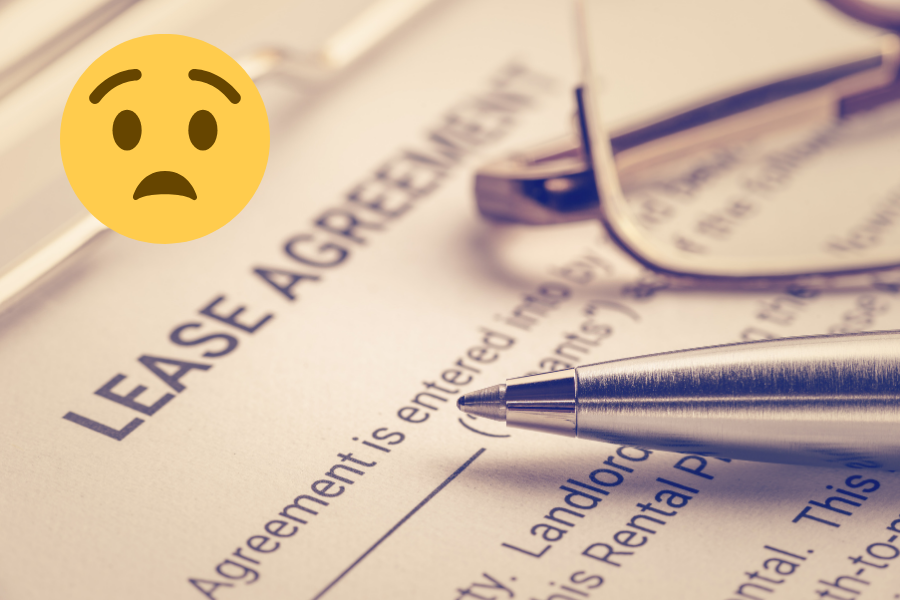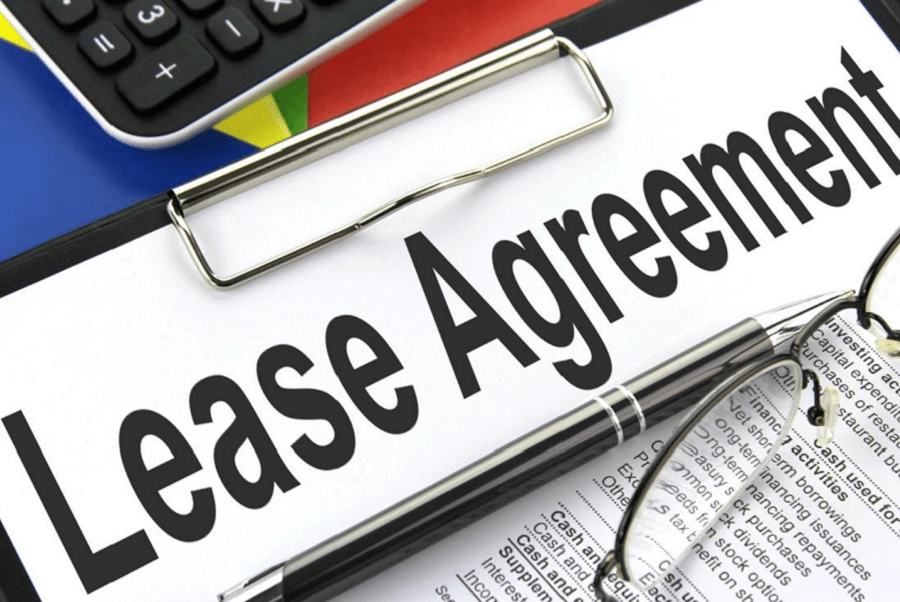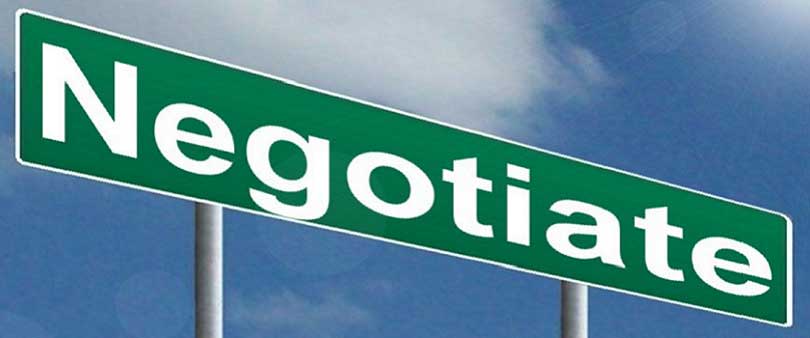
I have some terribly unwelcome news for many business owners in Canada.
There has been a steady and strategic squeeze on commercial leases over the last number of years, which has left many exceptional practices in a less-than-exceptional tenant security scenario. It feels like I have been screaming into a void these last few years; but again;
PLEASE LISTEN – Holding such a lease will severely undermine an otherwise highly saleable asset!
Operationally, if you have a lease, it may contain severe impairment and derogatory clauses which could prevent continued operation on short notice. The demolition clause is typically the one to watch for, but there are many other stipulations in premise leases that could impair your ability to operate, and severely impact the value of your business. A relocation clause is a comparable situation that could cause crippling business disruption.
The clients who are unfortunate enough to be in this situation are best served to address this issue head-on, and not bury their heads in the sand. Unfortunately, many do not, and they eliminate their best options in an end-of-career sale situation.
At ROI Corporation, we specialize in healthcare practice valuations. We are professionals. Come talk to us. The clients that engage us long before a sale have the best outcomes.
New policies are being initiated by banks, accounting firms and appraisers (like our firm) and it is not good news. The market has shifted.
This Shift will Impact Your Retirement
Impairment charges are immediately affecting the value of practices. Classification of leases into satisfactory, poor, and absolute derogatory will severely impact values for leasehold improvements and general operational values, such as goodwill.
This will impact retirement plans. Banks never liked distressed leases, but now, I have it on good authority that they will no longer offer long-term financing, even with mitigating terms on distressed leases. They are likely to start restricting the financing term to the remaining unfettered term of the premise lease.
Purchasers will be asked to put up substantial down payments or cross-collateralize their own assets to the tune of many hundreds of thousands of dollars. Most of the purchasers in the market do not have the stomach for that, nor do they have that kind of liquidity available.
The result? The dissolution of the demand side of the equation, which has currently been persistent for well over a decade.
The fundamental law of supply and demand has kept values high all along.
Low interest rates helped, but they are not what caused values to skyrocket in the last decade. That was demand. Demand to own an asset where one could build equity and make an extraordinary living.
Interest rates are higher lately, but that is all part of the business cycle. Current interest rates is merely one input into a larger equation. The purposely hyperbolic title of this piece is a descriptor for a fundamental shift in capital access to the single largest buying group. It has the potential to hollow out the market and have a radical impact on the practice values of those who do not plan. Inversely and furthermore, it could increase the value of the practices that own their building or have secure tenure.
When the volume of purchasers is severely reduced due to a lack of access to capital caused by a fundamental shift in lender policy, a portion of the market will suffer from deflated valuations. It could be very substantial for many on the sell side. I am not involved in policy, but I am aware of a broad tightening of our Schedule A lenders and a desire to see buyers share the risk in practice purchases that are deemed a little less safe. These are great practices and there are strategies to deploy that can rectify any situation.
I strongly encourage any practice owner to immediately obtain a full and complete assessment of their premise lease. Our firm can help. If you’d like a private conversation about this very pressing and urgent matter, I can be reached by text at 416.520.7420.

Timothy A. Brown
Timothy A. Brown is the CEO and Broker of Record for ROI Corporation and has served the professions since 1979. He can be reached at timothy@roicorp.com or 416.520.7420.












